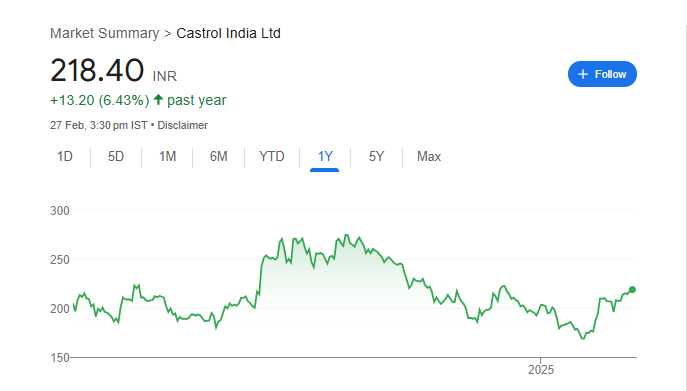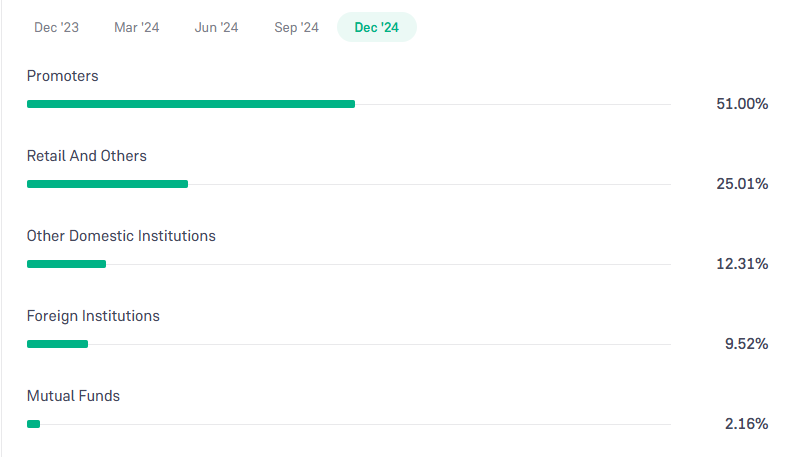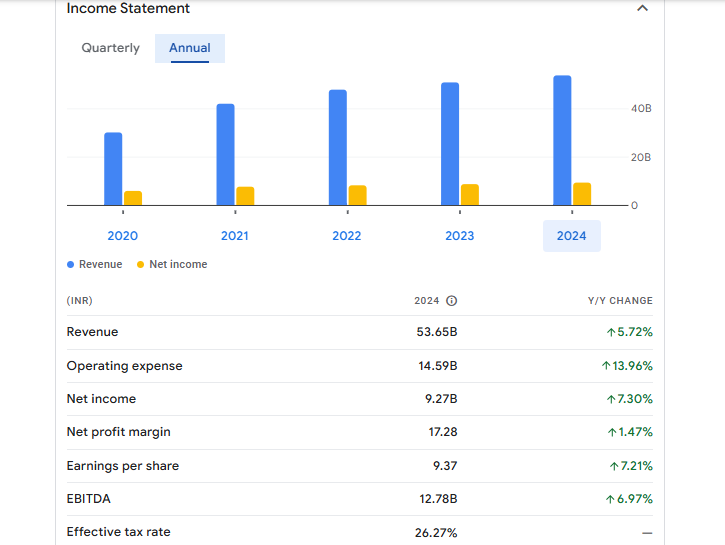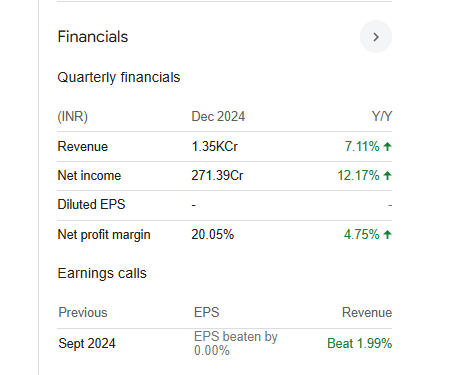Castrol India is a well-known name in the lubricant industry, supplying high-quality engine oils and industrial lubricants. Its share price target depends on factors like market demand, crude oil prices, and evolving automotive trends. As the company adapts to new technologies and industry changes, investors are keen to understand its future potential. Castrol India Share Price on 27 February 2025 is 218.40 INR. This article will provide more details on Castrol India Share Price Target 2025, 2026 to 2030.
Castrol India Company Info
- Number of employees: 630 (2024)
- Parent organization: Castrol
- Revenue: 2,354.3 crores INR (US$290 million)
- Subsidiaries: BP Lubricants USA Inc., BP India Services Pvt. Ltd., Castrol International Ltd., Castrol Industrial North America Inc.
Castrol India Share Price Chart

Castrol India Share Price Details
- Today Open: 220.00
- Today High: 221.90
- Today Low: 216.81
- Mkt cap: 21.60KCr
- P/E ratio: 23.31
- Div yield: 3.89%
- 52-wk high: 284.40
- 52-wk low: 162.60
Castrol India Shareholding Pattern
- Promoters: 51%
- Foreign Institutions: 9.52%
- Mutual Funds: 2.16%
- Retails and others: 25.01%
- Domestic Institutions: 12.31%

Castrol India Share Price Target Tomorrow 2025, 2026 To 2030
- 2025 – ₹285
- 2026 – ₹295
- 2027 – ₹305
- 2028 – ₹315
- 2029 – ₹325
- 2030 – ₹340
Castrol India Share Price Target 2025
Castrol India share price target 2025 Expected target could be ₹285. Castrol India is a leading lubricant manufacturer, supplying engine oils and industrial lubricants. Its share price target for 2025 will depend on various factors influencing the company’s growth and profitability. Here are six key aspects to consider:
1. Demand for Automotive Lubricants
Castrol India’s business depends heavily on the demand for engine oils and lubricants used in cars, bikes, and commercial vehicles. A rise in vehicle sales and increased vehicle usage can boost lubricant demand, positively impacting the company’s revenue and share price.
2. Growth in Industrial & Manufacturing Sectors
Apart from automotive lubricants, Castrol supplies industrial oils used in machinery and equipment. If India’s manufacturing and infrastructure sectors expand, the demand for industrial lubricants will increase, contributing to the company’s growth and stock performance.
3. Raw Material Costs & Crude Oil Prices
Castrol’s products are made from base oils, which are derived from crude oil. If crude oil prices rise significantly, production costs may increase, potentially affecting profit margins. Managing raw material costs efficiently will be crucial for maintaining stock growth.
4. Expansion into EV & Sustainable Lubricants
With the rise of electric vehicles (EVs), the demand for traditional engine oil may decline. However, Castrol is investing in EV-compatible lubricants and cooling fluids. If the company successfully expands into this market, it can create new revenue streams and sustain long-term growth.
5. Brand Strength & Market Competition
Castrol is a strong and trusted brand, but it faces competition from companies like Indian Oil, Shell, and Gulf Oil. To maintain its market share, Castrol must continue investing in marketing, innovation, and partnerships with automobile manufacturers.
6. Economic Growth & Infrastructure Development
A growing economy leads to higher transportation and industrial activity, increasing lubricant consumption. If India’s economic growth remains strong, Castrol India can benefit from increased demand, positively influencing its share price target for 2025.
Castrol India Share Price Target 2030
Castrol India share price target 2030 Expected target could be ₹340. Castrol India is a leading player in the lubricant industry, but its long-term share price growth depends on how well it manages various risks and challenges. Here are six key factors that could impact its share price target for 2030:
1. Impact of Electric Vehicles (EVs) on Lubricant Demand
The rise of electric vehicles (EVs) is a major challenge for traditional lubricant manufacturers. Since EVs require fewer lubricants compared to conventional fuel-based vehicles, a rapid shift towards EV adoption could reduce Castrol India’s core market demand, affecting its long-term growth.
2. Volatility in Crude Oil & Raw Material Prices
Castrol India depends on base oils, which are derived from crude oil. Fluctuations in crude oil prices can impact production costs and profit margins. If the company is unable to manage these costs effectively, it may struggle to maintain profitability, affecting its share price.
3. Intense Market Competition
The lubricant industry is highly competitive, with companies like Indian Oil, Shell, and Gulf Oil offering similar products. If Castrol fails to innovate, expand its product range, or strengthen its brand positioning, it may lose market share, which could impact its stock performance.
4. Regulatory & Environmental Challenges
The government is pushing for stricter environmental regulations to reduce carbon emissions. If new policies impose higher taxes on petroleum-based products or promote alternative eco-friendly lubricants, Castrol India may face increased compliance costs and business challenges.
5. Changing Consumer Preferences & Technology Shifts
The lubricant market is evolving, with increasing demand for synthetic and bio-based lubricants. If Castrol India does not keep up with these changes or fails to introduce innovative products, it may lose relevance, impacting its long-term share price target.
6. Global Economic & Supply Chain Risks
Castrol India relies on imports for some of its raw materials. Any disruptions in the global supply chain, trade restrictions, or economic downturns could impact production, lead to higher costs, and put pressure on the company’s financial performance.
Financials Statement Of Castrol India
| (INR) | 2024 | Y/Y change |
| Revenue | 53.65B | 5.72% |
| Operating expense | 14.59B | 13.96% |
| Net income | 9.27B | 7.30% |
| Net profit margin | 17.28 | 1.47% |
| Earnings per share | 9.37 | 7.21% |
| EBITDA | 12.78B | 6.97% |
| Effective tax rate | 26.27% | — |



